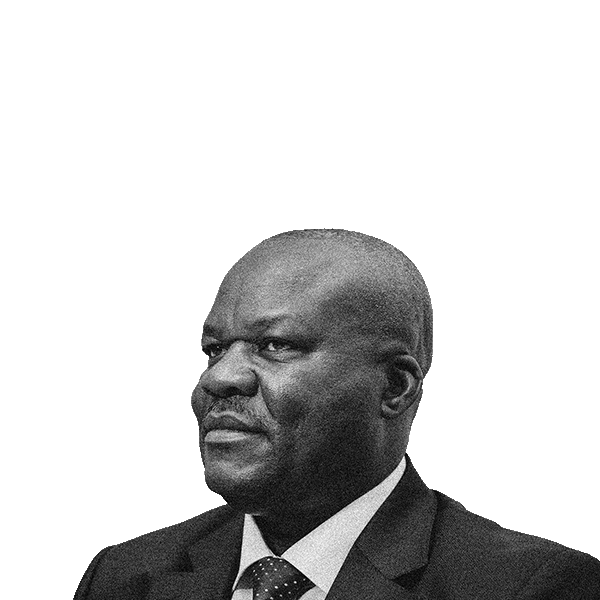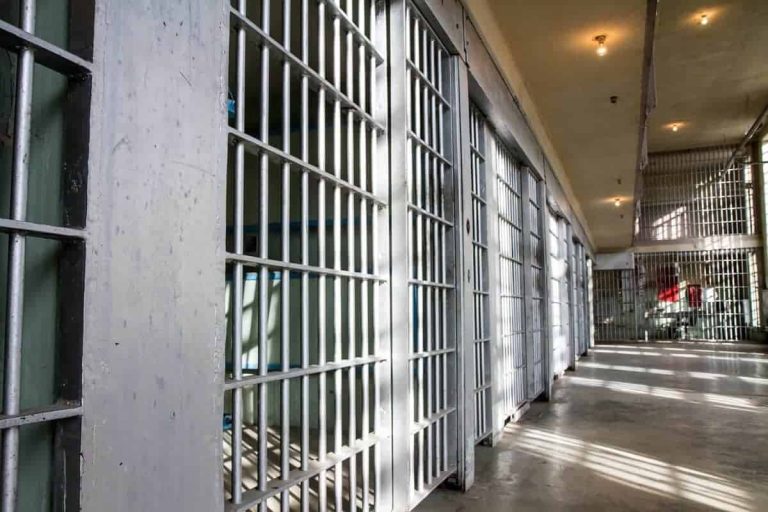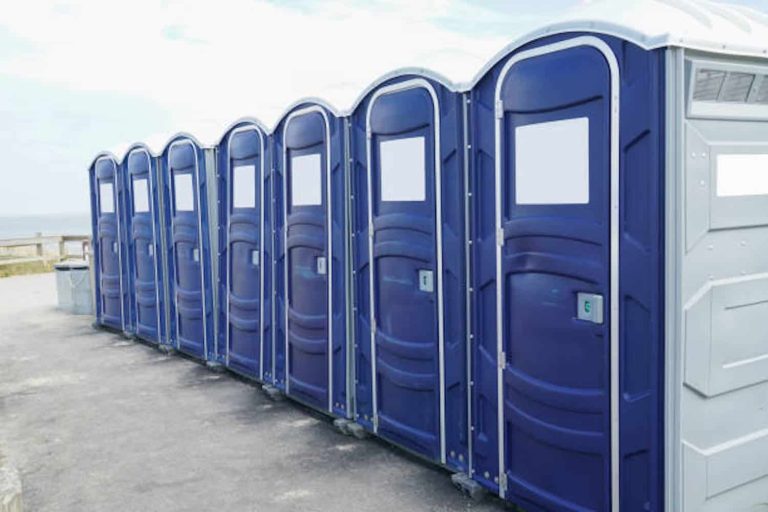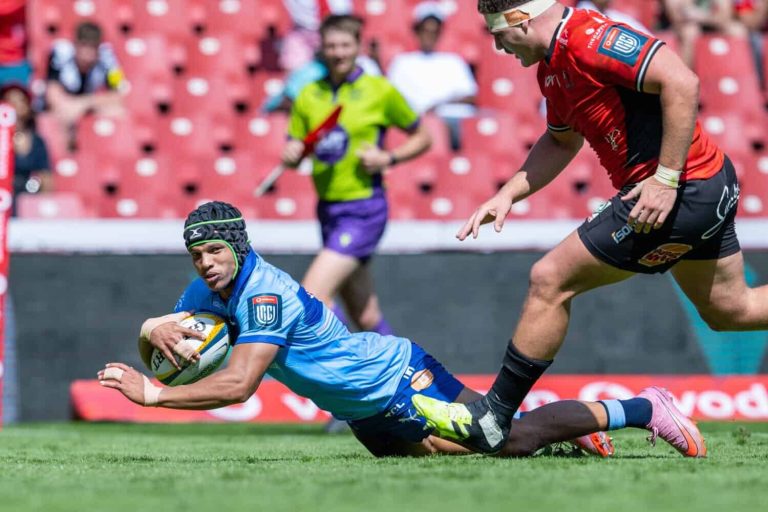
Former Congolese rebel leader Roger Lumbala has gone on trial in Paris over atrocities committed during the Democratic Republic of Congo’s brutal Second Congo War, one of the deadliest conflicts since World War II.
The 67-year-old ex-warlord stands accused of complicity in crimes against humanity for his alleged role in atrocities carried out between 1998 and 2003, when multiple African nations were drawn into a conflict that claimed millions of lives.
Lumbala was arrested in France in December 2020 under the principle of universal jurisdiction, which allows the prosecution of serious international crimes regardless of where they occurred. He has since been held in a Paris prison. If found guilty, he faces life imprisonment.
Human rights groups have welcomed the trial as a milestone for international justice and a warning to those continuing to commit atrocities in eastern Congo, where violence has recently intensified amid a Rwanda-backed militia offensive.
‘Rape as a Weapon of War’
According to French investigating magistrates, Lumbala led the Rally of Congolese Democrats and Nationalists (RCD-N), a Uganda-backed rebel faction accused of murder, rape, torture, pillage, and mutilation of civilians in the northeastern Ituri and Haut-Uele provinces between 2002 and 2003.
The movement allegedly targeted the Nande and Bambuti pygmy communities, whom they suspected of supporting government forces. UN investigators say RCD-N fighters systematically used rape as a weapon of war, inflicting widespread sexual violence on women and girls.
The United Nations further alleges that the offensive sought to seize control of the region’s vast gold, diamond, and coltan reserves — minerals vital to global electronics manufacturing — echoing the broader pattern of resource-driven warfare that has plagued the DRC for decades.
From Rebel to Politician
Lumbala, who later reinvented himself as a politician, ran for president in 2006 and briefly served as a minister before being dismissed for corruption.
He insists he was a civilian politician with no control over armed fighters, and he is expected to challenge the French court’s jurisdiction to try him.
The former rebel leader has also been accused by Congolese authorities of high treason and collusion with the M23 rebel movement, a Rwandan-backed group that re-emerged in recent years and now controls large parts of North and South Kivu provinces.
Justice and Accountability
Dozens of survivors and witnesses are expected to testify during the month-long trial, which is set to conclude on December 19. However, logistical hurdles may prevent some victims from traveling to France to testify in person.
Several human rights organizations — including TRIAL International, the Clooney Foundation for Justice, Minority Rights Group, Justice Plus, and PAP-RDC — hailed the proceedings as “a crucial opportunity to deliver justice for survivors.”
“Holding Lumbala accountable sends a strong signal amid today’s ongoing violence in eastern DRC — that abuses will be investigated and justice pursued,” said Samuel Ade Ndasi, litigation officer with Minority Rights Group. “We hope this trial will deter others from committing similar crimes.”
As the world watches the Paris courtroom, survivors of Congo’s long-running conflicts await what could become a landmark moment for accountability in one of Africa’s most war-torn regions.



